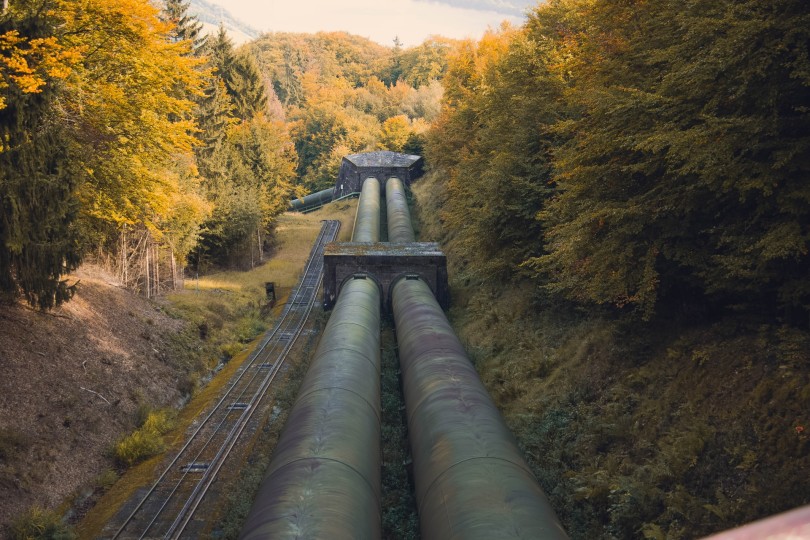Is Autonomous Driving coming to the UAE?
26 Apr 24
Lab ChatThe Global News Source for the World of Science and Chemicals
18 March 2022
Chem Chat
p>The Abu Dhabi Crude Oil Pipeline – alternatively known as the Habshan-Fujairah pipeline or simply as ADCOP – is an oil pipeline located in the UAE. Built between 2008 and 2011, the pipeline became operational in June 2012 and pumps raw product from the Habshan oil fields located in the emirate of Abu Dhabi to the refinery and port terminal located at Fujairah.
Capable of processing around 1.5 million barrels of oil per day, the pipeline was designed to reduce congestion in the Strait of Hormuz and alleviate the financial costs associated with traffic in the channel. It also aimed to enhance fuel security for the Middle East and the wider world, contributing to greater stability in the industry market.
After being initially commissioned by the International Petroleum Investment Company, the ADCOP pipeline was first designed by engineering consultancy firm Bilfinger Tebodin in 2006. Meanwhile, the front-end engineering concerns (including gas flow masurement, detailed design briefs and other safety issues) were handled by WorleyParsons and Penspen.
The contracts for its construction were awarded to two subsidiaries of the China National Petroleum Corporation after a lengthy tender process. Work began on the pipeline in earnest in 2008, with 220 miles of pipe (including 8.7 miles of underwater pipe off the Emirati coast) laid east of Abu Dhabi, through Sweihan and west of Al Ain.
The completion of the construction work itself was fairly rapid, finishing within three years of commencement. However, the official commissioning date was put back several times before finally occurring in June 2012. The pipeline carried its first load of Murban oil from Habshan to the port of Fujairah the following month.
Although it is believed that the pipeline cost a cumulative $3.3 billion dollars to build, it’s expected that the ADCOP pipeline will pay back that investment with handsome interest in the years to come. That’s because it will bypass the infamous Strait of Hormuz, which carries over a third of the world’s oil shipping traffic on any given day of the week.
This congestion leads to bottlenecks in the Strait, which can not only elevate costs, but also imperil fuel security around the globe. By bypassing this channel, the ADCOP pipeline eliminates two days of sailing time for tanker vessels and reduces the costs of loading at Fujairah by around $38,000 per docking.
At present, the pipeline is capable of carrying around 1.5 million barrels of oil per day. However, expansion of the refining and storage facilities at Fujairah means that greater demand will be exerted upon ADCOP in the coming years. For that reason, the UAE intends to increase its capacity to 1.8 million barrels over time. This should help to guarantee fuel security for countries the world over and stabilise prices in the oil market in these most volatile of times.
DOWNLOAD PDF

2 Day Seminar Program
@ ArabLab+ 2024
24 & 25 September 2024
22 Apr 24
Lab ChatYour stay in Dubai
Labkit
Product News
Chemkit
Product News
Thinking about exhibiting at ARABLAB 2024? Watch our video to find out more.
Join the world’s leading organisations…
Join our mailing list and receive the ARABLAB newsletter and event updates.